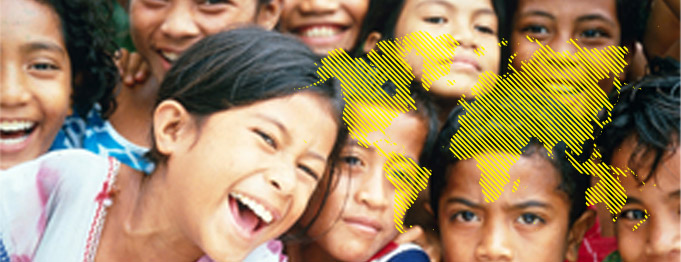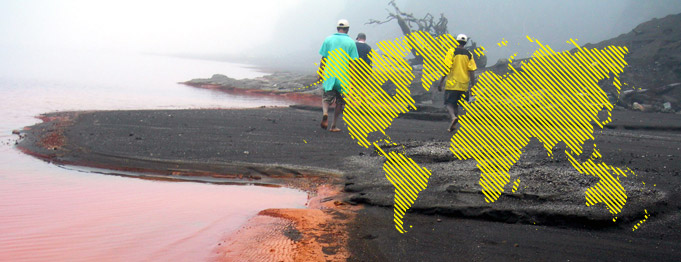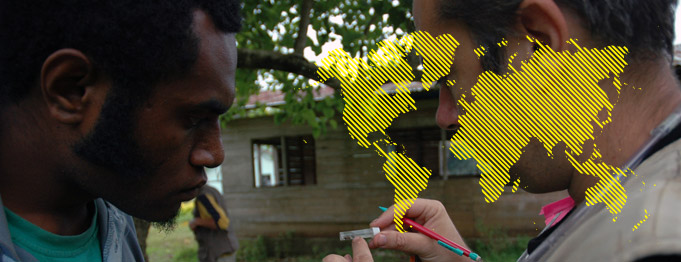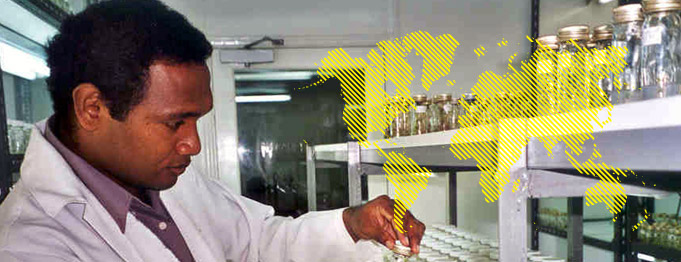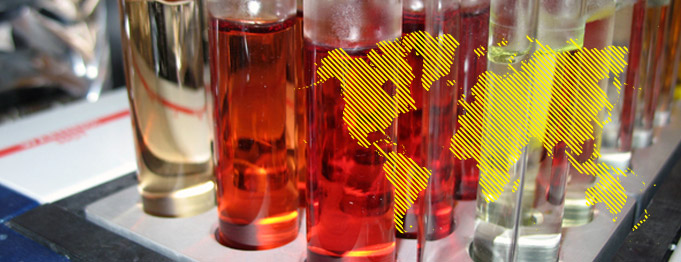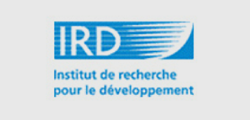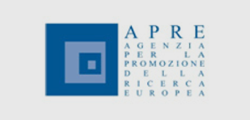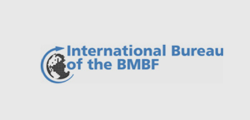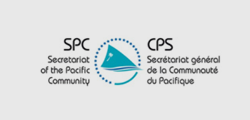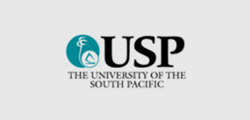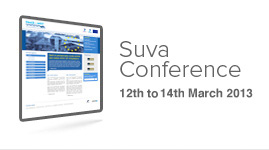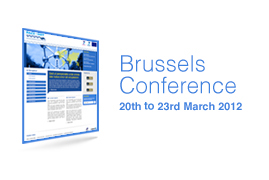Resilience of agricultural systems against crises Joint Pacific-Europe
Resilience of agricultural systems against crises Joint Pacific-European presentation of the Pacific perspective at the Tropentag - a development-oriented and interdisciplinary agricultural conference, Germany, 20th Sep. 2012
Agricultural production is of utmost importance for the Pacific Islands in terms of food security, employment, income and trade. However, these agricultural systems are exposed to a variety of stresses and shocks such as declining soil fertility, increased pest and disease problems, global and climate change. The development and the adoption of appropriate technologies is one way of increasing the resilience of the eco-cultural systems. Investments in science and technology are necessary to provide the knowledge basis and concepts towards sustainable and transformative changes for building long-term resilience against present and future stresses and shocks. International cooperation projects such as FP7 INCO-Net PACE-Net strengthen the linkages between research, innovation and policy between Pacific and Europe, while spin-off initiatives foster regional university networks and science policies.
The joint presentation by Sergie Bang (National Agricultural Research Institute of Papua New Guinea, NARI), Gae Gowae (University of Papua New Guinea, Papua New Guinea, UPNG), Judith Francis (Technical Centre for Agricultural and Rural Cooperation, The Netherlands, CTA) and Gerd Rücker (German Aerospace Center, Germany (DLR) representing the PACE-Net FP7 INCO-NET project), on "Resilience of agricultural production in the Pacific" was well received by ca. 80 people who joined the session on "Innovation adoption and agricultural productivity" at the Tropentag. In several discussions listeners emphasized the need for such information on the agricultural situation in the Pacific and appreciated the activities for international collaboration in S&T by the FP7 INCO-Net PACE-Net project. The presentation can be downloaded hereunder. Further information and impressions from the conference can be found at http://blog.tropentag.de/

